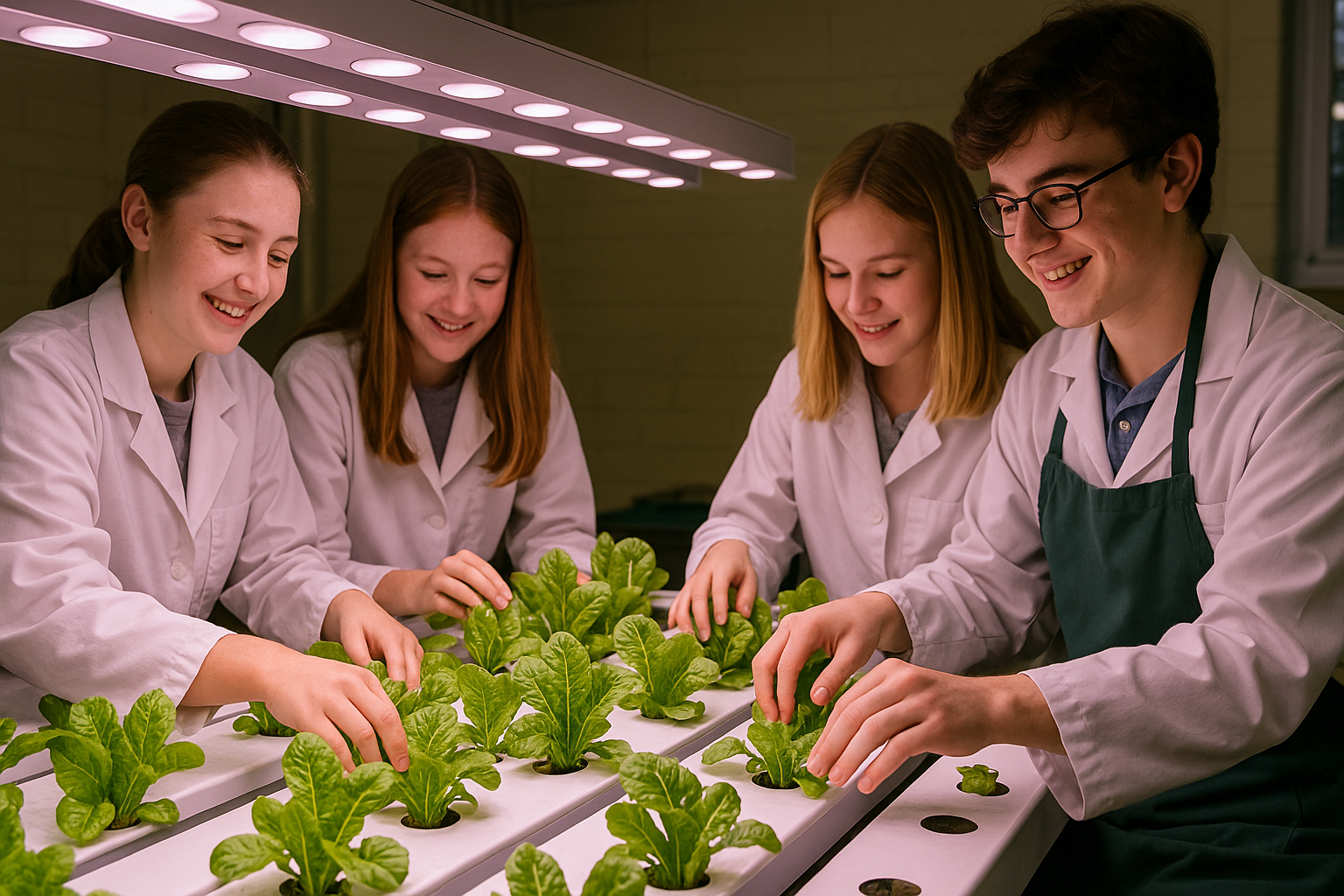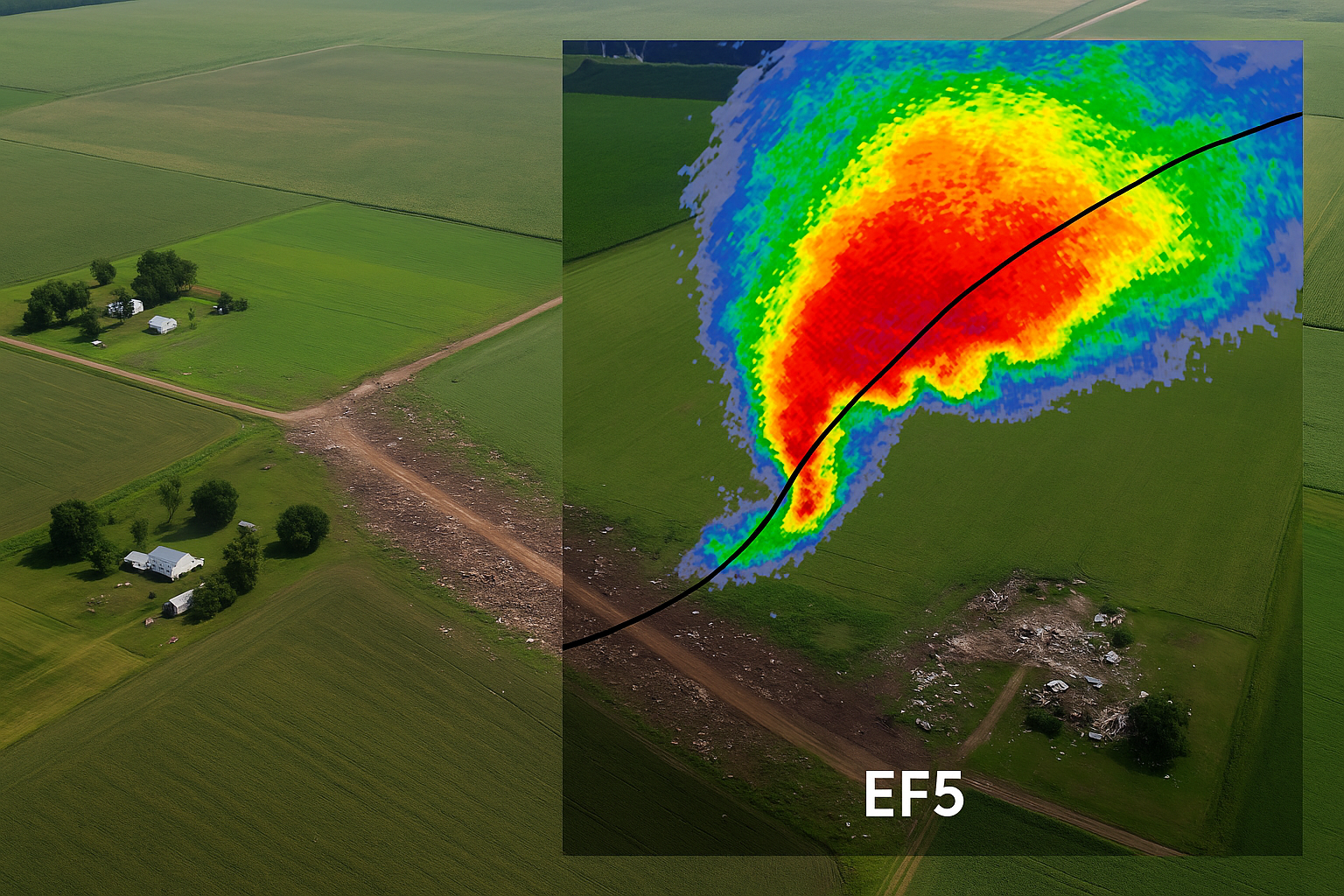In a bold move for urban education, The Innovation School in Bismarck has launched an on-campus hydroponics lab this October—bringing farming into the classroom and giving local students hands-on ag experience.
North Dakota schools are embracing Farm to School programs, connecting classrooms with local farms.
Bismarck Public Schools already participates—students enjoy locally grown produce, and schools host garden projects and field trips.
But The Innovation School is lifting that further by installing a hydroponic garden, enabling students to grow fresh greens indoors year-round, regardless of harsh winters.
Across the city, the Career Academy & Technical Center supports student pathways via FFA (Future Farmers of America) programs.
Meanwhile, Bismarck State College offers agriculture and precision farming courses emphasizing the practical tech behind modern farming.
October is also National Farm to School Month, and North Dakota schools are competing in a “Crunch Off,” encouraging students to “crunch” into local produce and celebrate local agriculture.
The Innovation School’s hydroponics garden went live October 6, with lettuce, herbs, and greens already sprouting under LED lights. Students will harvest their first greens later this month and contribute them to the school cafeteria or share with the community. Bismarck schools are promoting “Crunch Off” events through October 31, inviting students, teachers, and families to bite into local produce.
The ND Department of Agriculture has granted over $2.5 million in specialty crop block grants statewide, which could help fund more ag education projects locally.
“We all grew this, and we’re going to make it into something we share,” said Evelyn Meisel, a student enthusiastically watching seeds sprout.
“I didn’t know how much work farmers do until now,” added Rowan Hice, whose grandfather farms near Strasburg.
This project bridges rural and urban life—local students cultivate food in the city, deepening appreciation for area farmers.
It bolsters food literacy, supports healthier school meals via Bismarck’s Farm to School program, and could inspire new ag careers in the city.
As more schools replicate this model, Bismarck may become a regional leader in localized ag education.
More harvests, recipe uses, and sharing of produce with other schools or local food banks. Expansion into vertical farms or aquaponics across other BPS campuses. Possible state or federal support through ND’s Ag in the Classroom or specialty crop grant programs.
The Innovation School’s hydroponics initiative is more than a classroom project—it’s a statement: Bismarck schools can grow food, grow minds, and grow futures, all while connecting city life to North Dakota’s agricultural roots.



